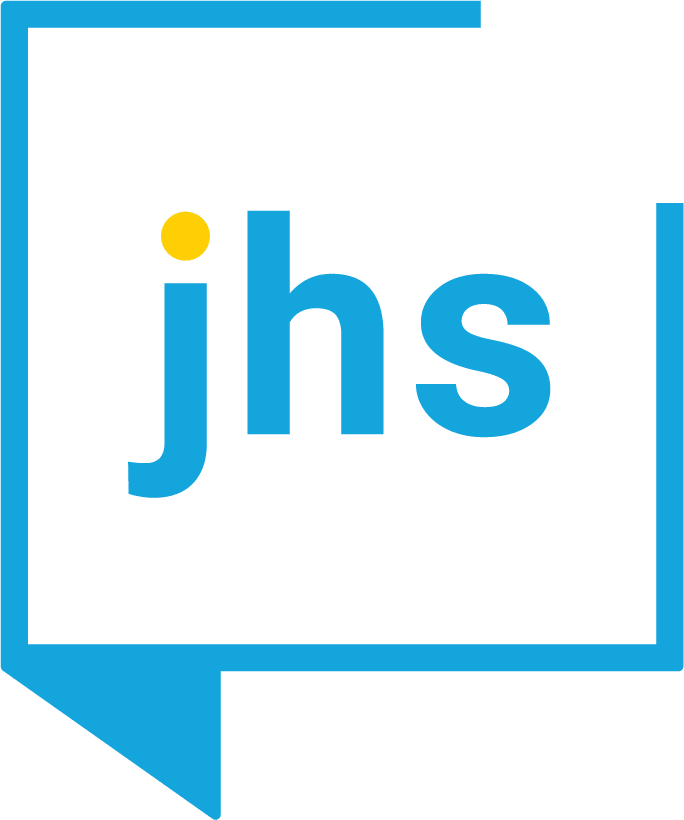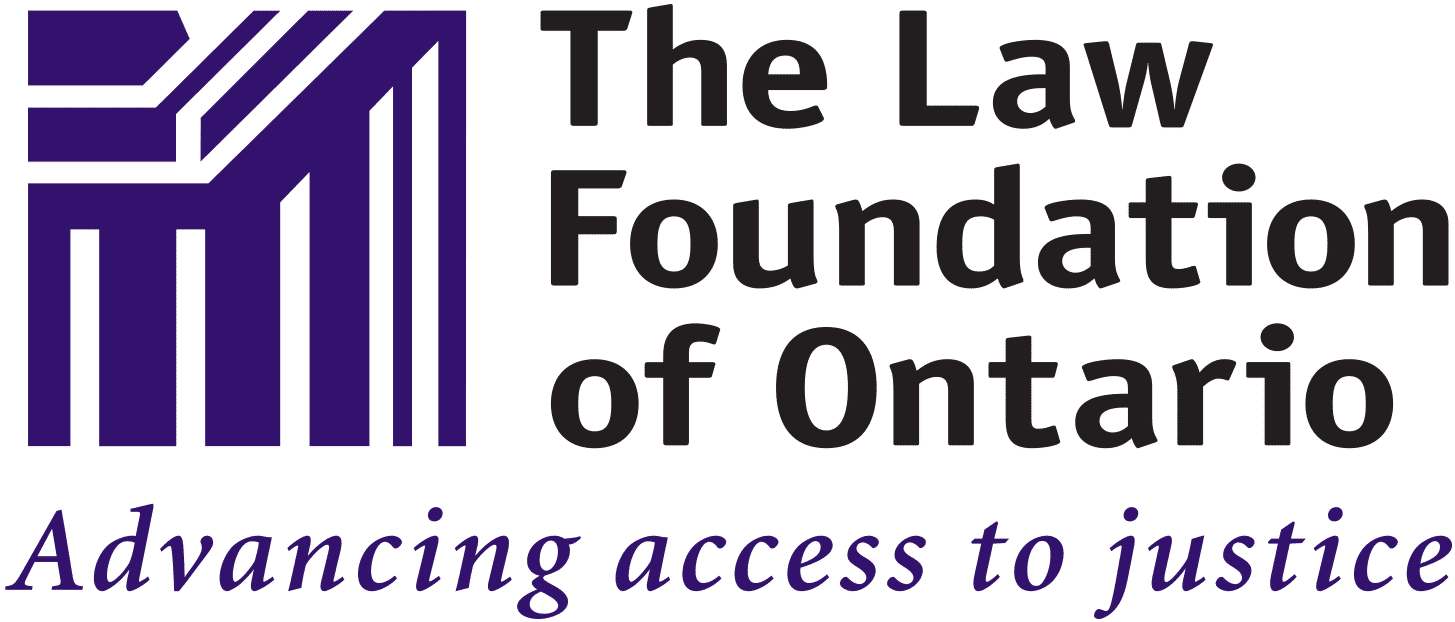What if someone requires additional allowances or funding?
General Rule: Most people who meet ODSP’s eligibility criteria will be able to receive income support for basic needs and housing, but there are also additional allowances which they might be able to receive, at ODSP’s discretion. For example:
Pardons: ODSP recipients who choose to participate in Ontario Works’s employment assistance activities might be eligible to receive assistance with the costs of obtaining a pardon.
- Monthly Work-Related Benefit: ODSP can provide $100/month to those earning income through employment, a training program or a business.
- Employment and Training Start-up Benefit: ODSP can reimburse expenses related to starting a new job or job training program, up to $500 in a 12-month period.
- Transportation Allowance: ODSP can help pay for travel and transportation costs (e.g., cab, bus fare, etc.) for medical appointments, including drug and alcohol recovery groups.
- Health Benefits: Costs related to prescriptions, vision care, hearing aids, dental services, and assistive devices could be eligible for reimbursement.
- Child-Care Expenses: Some expenses related to childcare could be reimbursed by ODSP.
- First Nations’ Employment Training Benefit: Money earned by a First Nations’ resident from an employment training program will not be deducted from their ODSP payments, for up to 12 months.
Note: Decisions about receiving these types of discretionary allowances can’t be appealed to the Social Benefits Tribunal, but if your client asks for and is denied an additional allowance, they can still request an internal review of that decision.
How You Can Help:
- Step 1: Help your client contact their caseworker if they think they might be eligible for these additional allowances or have any questions about them.
- Step 2: If your client requests any of these allowances but is denied and wants to dispute the decision, refer them to a legal clinic and make sure they bring a copy of their Notice of Decision, if they have it.
- Step 3: If your client can’t receive legal advice, help them complete the Request for Internal Review Form or draft their own letter. Make sure they submit their request within 30 days from when they received the Notice of Decision about the discretionary allowance.

